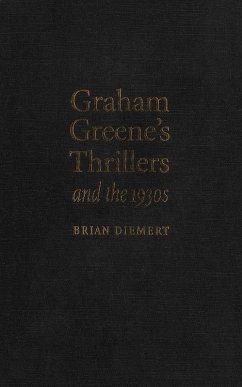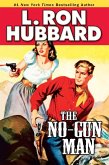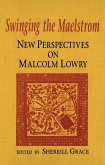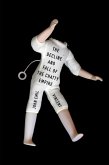Diemert traces Greene's adaptation of nineteenth-century romance thrillers and classical detective stories into modern political thrillers as a means of presenting serious concerns in an engaging fashion. He argues that Greene's popular thrillers were in part a reaction to the high modernism of writers such as James Joyce, Gertrude Stein, and Virginia Woolf, whose esoteric experiments with language were disengaged from immediate social concerns and inaccessible to a large segment of the reading public. Graham Greene's Thrillers and the 1930s investigates some of Greene's best-known works, such as A Gun for Sale, Brighton Rock, and The Ministry of Fear, and shows how they reflect the evolution of Greene's sense of the importance of popular culture in the 1930s.
Dieser Download kann aus rechtlichen Gründen nur mit Rechnungsadresse in A, B, BG, CY, CZ, D, DK, EW, E, FIN, F, GR, HR, H, IRL, I, LT, L, LR, M, NL, PL, P, R, S, SLO, SK ausgeliefert werden.









